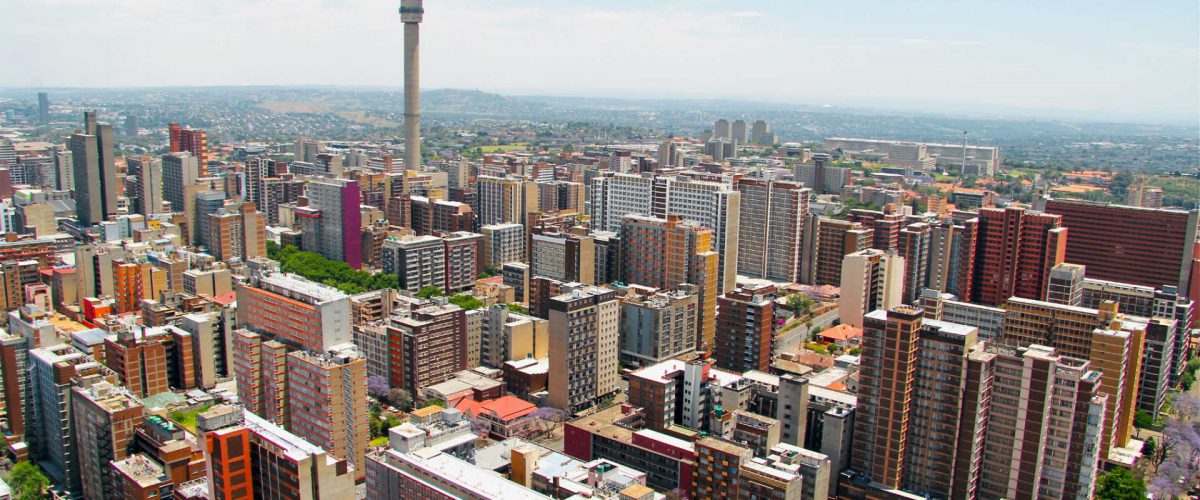Disease risk for those travelling to South Africa is low, as long as travellers stick to major cities like Cape Town.
That being said, there are some vaccinations recommended for South Africa for some travellers depending on their specific destination, activities, and type of accommodation. The recommended vaccines will also depend on what routine vaccinations you had as part of the childhood national immunisation program and which other countries you will be visiting during your trip.
Yellow Fever Vaccination
There is currently no requirement for yellow fever vaccination, except when travellers come from high-risk yellow fever zones in sub-Saharan Africa, like Tanzania, Uganda, and Kenya.
Even if you are just transiting through an at-risk country, like Addis Ababa airport in Ethiopia, you might be asked to show a yellow fever vaccination certificate when arriving in South Africa.
Hepatitis A Vaccination
Hepatitis A is spread via food or drinks that have been contaminated by small, undetectable amounts of virus from the poo of an infected person. While Hepatitis A is not common in Australia, the vaccine is advised for travel to South Africa due to the increased risk of infection.
Hepatitis B Vaccination
Hepatitis B (Hep B) can become a very severe disease. It is spread through bodily fluids such as blood, semen, and vaginal fluid, and you can also contract it from a tattoo or body piercing. Vaccination can help reduce your chances of contracting Hep B, but even so, you should still practice safe sexual contact and be cautious if getting a tattoo or piercing while abroad.
Typhoid Vaccination
Typhoid is another highly contagious disease that can be spread via contaminated food and water. If you are travelling to South Africa, the typhoid vaccination is a good precaution. You are more likely to get the disease in places where sanitation and food hygiene standards are poor. If you are going to be working or staying with local people, your travel doctor may recommend this vaccine.
Rabies Vaccination
Rabies is rare in South Africa, but cases are still reported. Your doctor may advise the rabies vaccination if you are considered high risk, for example, if you are going to be working with animals, especially dogs or other mammals. Even if you do have the rabies vaccination, if you are bitten by an animal, you should still seek urgent medical treatment as quickly as possible.
Malaria Medication
There is malaria risk in Kruger National Park, private game reserves, Victoria Falls, and other national parks, as well as remote or rural areas. Before travelling to South Africa, you should speak to a travel health clinic and let them know the areas you plan to visit. The clinic may advise you to take malaria medication as a precaution. There are three commonly prescribed types of antimalarial tablets with different degrees of side effects. Bear in mind, however, that antimalarials are only 90% effective. Even if you are taking them, you still need to avoid mosquito bites wherever possible.
Malaria Safety Precautions:
- Use a mosquito net whilst you sleep at night
- Wear loose, long clothing that covers your skin to protect you from bites
- Use an insect repellent with DEET

